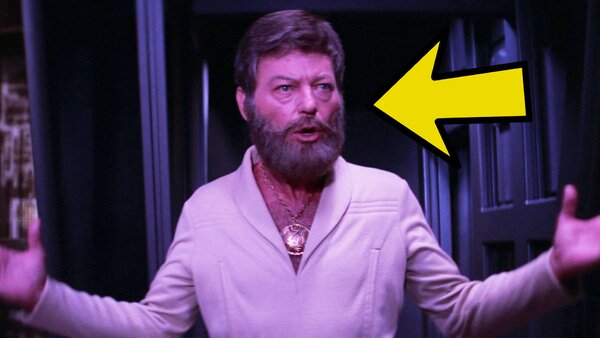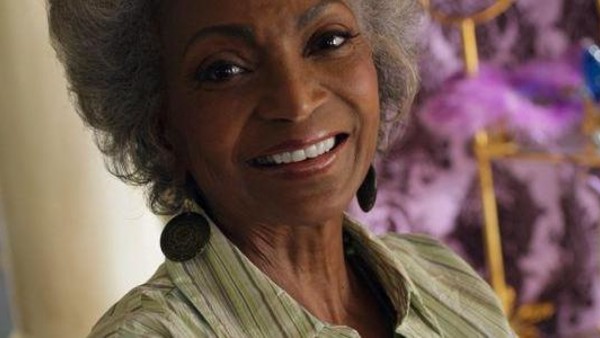10 Star Trek Actors Who Suffered From Typecasting
A role in Star Trek can ensure a legacy, but sometimes at a price.

This is not to sound trite or sycophantic, but Star Trek has on the whole featured some rather remarkable actors. Talent has been in abundance amongst each and every cast since 1964's The Cage. If, then, careers stalled after the fact, in particular for those who found themselves on the bridge of the original Enterprise, the fault was in the indelible association with the Star Trek phenomenon and not in the star. What was a character became an essence, and for an actor, that rarely bodes well for playing other parts.
Typecasting and Star Trek has been described as both a 'curse' and a 'double-edged sword.' On the one hand, it comes with the kind of fame (and often fortune) that any actor would risk saying Macbeth a thousand times in a crowded theatre for; on the other, the show has had an unfortunate history of limiting its actors to science-fiction, if not just to Star Trek. For some, typecasting has been a temporary hurdle; for others, it has been a lifelong affliction. Actors have reportedly turned down recurring roles on Star Trek for fear of it.
The flip side is, of course, those actors who haven't suffered from typecasting at all, going on (or continuing) to play other iconic characters so diametrically opposed that it is equally hard for newer Trek fans not to see Galina 'Red' Reznikoz when Captain Janeway pops up on screen.
"There's a certain immortality in being associated with Star Trek," said Walter Koenig in Parade magazine in 1978. That is endlessly true. For some Trek actors, however, including Koenig himself to a degree, living forever has been all too vicarious an experience.
10. Nichelle Nichols

A gifted actress, a singer with a mesmerising voice, a dancer, and a campaigner whose work took her to NASA, Nichelle Nichols was truly a once-in-a-lifetime talent and extraordinary human being. Her example has been an inspiration to countless many across the generations. Her legacy is one for the ages.
After Star Trek: The Original Series had come to an end, Nichols just wanted to do what she did best, but like many of her Trek castmates in their respective roles, she suffered from the unfair impositions of having been Uhura. By 1970, Nichols was already feeling the sting of typecasting, having been "defined so narrowly as an actress" by Star Trek and forced into a "saleable stereotype" by producers, as she commented in newspaper The Calgary Herald. Ultimately, Nichols wanted to achieve success by being herself. "My creation comes in reaching out to audiences, swaying them, manipulating them, pleasing them. That's were [sic] I get my creative satisfaction," Nichols told the Herald.
Already on a singing tour of Canada at the time of the Herald article, Nichols was trying to make her mark after Star Trek. It is true, however, that in the years that followed, she was never afforded anywhere close to the range of roles on screen that her talent quite clearly deserved. Nichols did become, in essence, Uhura for the rest of her life and career — a fact she also embraced, returning the love she received from fans through her numerous convention appearances.